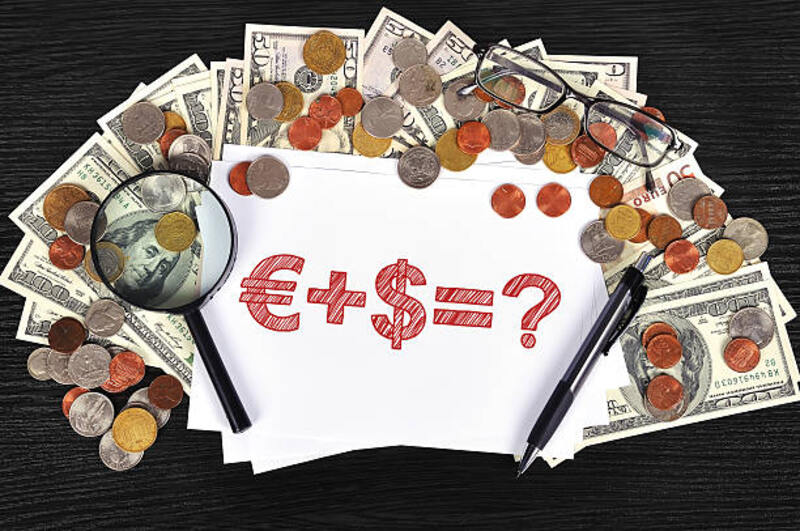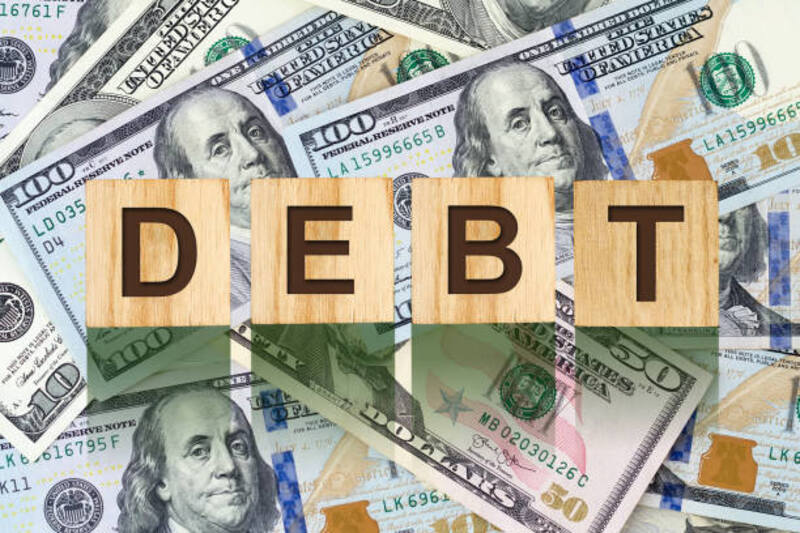Cash-out refinancing is one of the most popular options available to homeowners looking for an easy way to access extra funds. With a cash-out refinance, you can tap into the equity in your home and use it as collateral to get a new loan with additional money that you can use for whatever purpose you choose. It could be used for a major expense such as college tuition, debt consolidation or home improvements, but what many people don't realize is that there are also significant tax implications involved with this decision. In this post, we'll discuss the specifics of how taxes will impact your cash-out refinance so you can make the best choice for your financial situation.
Explaining Cash-Out Refinancing:
Are you a homeowner weighing your options on how to tap into the equity you've built up in your property? Cash-out refinancing might be the solution you're looking for. This type of refinancing allows you to borrow against the equity in your home, using the cash for anything you need, such as home improvements, medical bills, or paying off high-interest debt. Essentially, you're taking out a new mortgage with a higher amount than your current one, and pocketing the difference.
While it may seem tempting to access all that extra cash, it's important to weigh the potential risks and benefits before making a decision. Work with a trusted lender to determine if cash-out refinancing is the right move for you.
Dissecting the Tax Implications of Cash-Out Refinancing:

Cash-out refinancing can be an attractive option for homeowners looking for a way to tap into their home's equity to access extra cash. However, it's important to understand the tax implications of this decision. While the cash you receive from the refinance isn't considered income, any interest you pay on the new mortgage loan may be tax-deductible. Additionally, if you use the funds for home improvements or other qualified expenses, you may be able to take advantage of additional tax benefits. As with any financial decision, it is crucial to carefully weigh the pros and cons, and to consult with a financial advisor or tax professional who can help you navigate the complexities of the tax code.
Analyzing Your Eligibility for Tax Deductions and Credits:
Filing your taxes can often feel like an overwhelming task, especially when it comes to understanding the various deductions and credits available. However, taking the time to analyze your eligibility for these benefits can ultimately save you money and ensure that you're only paying what you owe.
Some common deductions to consider include those related to charitable donations, education expenses, and retirement contributions, while popular credits include the Child Tax Credit and the Earned Income Tax Credit. By familiarizing yourself with these options and consulting with a tax professional when necessary, you can feel confident in completing your tax return and optimizing your savings.
Establishing What is Deductible and What is Not:
As taxpayers, we all want to make sure we are getting the most out of our deductions. However, not everything qualifies as deductible on our tax forms. It's important to understand the difference between deductible expenses and non-deductible expenses. Deductible expenses include things like charitable donations, medical expenses, and business expenses. On the other hand, non-deductible expenses include personal expenses like groceries, clothing, and household items.
It's crucial to keep track of your receipts and expenses throughout the year to avoid any confusion come tax season. With a little bit of knowledge and organization, you can ensure that you are receiving the maximum deduction possible.
Naming Other Factors That Affect Tax Implications:








